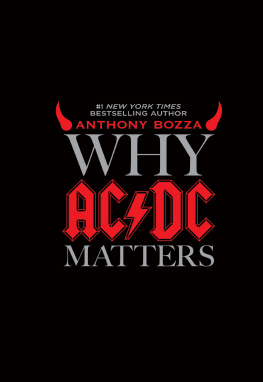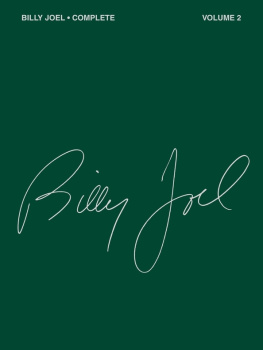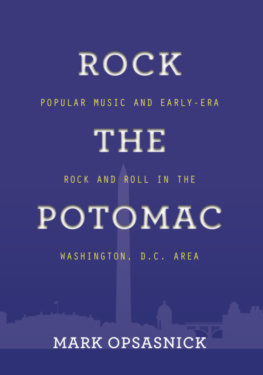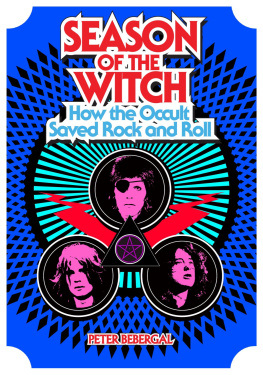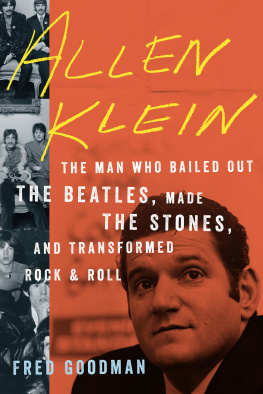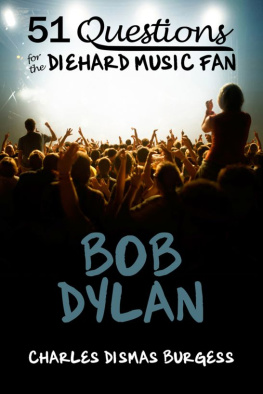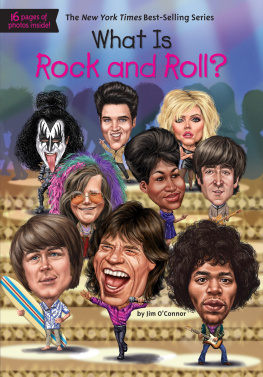It was just past midnight on June 25, 2009, my birthday. I had left the caf in Park Slope, Brooklyn, where I wrote my books, and was on the two-mile walk that loops me up to Prospect Park, through the dark and starry meadow, then takes me back down the hill the three long blocks to my brownstone. Two hours earlier, I had been hit with a gut-punching birthday presentthe death of Michael Jackson. My body was still processing the loss. It was too much for my verbal mind to handle. For me, the permanence of the separation was savage. I had unfinished business with Michael. I had conversations I wanted to complete. More important, I had signed on with his brothers for a mission that I had not been able to accomplish. Deep in me, I still wanted to deliver on that commitment.
Whats more, because of the negative press about Michaels supposed sexual interest in children, I wondered if others were still as deeply attached to Michael Jackson as I was. Had others become disgusted and abandoned him? Had he been despised and forgotten? Was he a cultural has-been?
The streets and sidewalks of Park Slope at 12:30 a.m. are normally empty. Devoid of human beings. But that was not the case on this black night. Sitting on the very top stair of a brownstone stoop were two eighteen-year-olds. The guy had long, dark black curly hair, and the girl had a short, blonde haircut and was wearing shorts. The male said something to me as I passed. I was listening to a book on my Kindle and couldnt make it out. I ignored it and walked a hundred feet further down the sidewalk. Then I turned around, walked back, took off my headphones, and asked him to repeat it. He said, Michael Jackson is dead.
I asked him why he said that to me. I wondered if he knew me from the Tea Lounge, the caf where I wrote in those days, or from the streets of Park Slope, and if he knew my Michael Jackson connection. No, he didnt. He was announcing that Michael Jackson was dead loudly and with a strange urgency, a strange sense of command, to everyone he saw. He wanted no one to ignore it.
He was particularly emphatic about making sure that no one over the age of twenty-five pass it by or dismiss it. Michael Jacksons death, he felt, was a loss to all of us, whether we realized it or not. And he was afraid that those over twenty-five would fail to recognize that one of the beating hearts of our culture had just stopped. A greatness had just died. He was determined that no one forget Michael Jackson. That no one fail to realize that a piece of flesh had just been ripped from the body of mankind. So no, Michael was not a has-been. Far from it.
* * *
How did I get involved with Michael Jackson and his brothers? It was the fall of 1983, and the Jacksons were planning to go on the road for their Victory Tour. They were getting the whole family together for this fifty-five-city extravaganza, including their dad, who had originally engineered the rise of the Jackson Five to the top of the charts in 1969 and in the 1970s. This would be their first tour as a family since 1981. The first since Michaels career had exploded in a way that no one had seen since Elvis Presley and the Beatles.
I was a science nerd in a field Id initially known nothing aboutpopular music. But six years into my scientific expedition into pop, five years into my hunt for soul in the power pits of rock and roll, Id founded and headed what had become the biggest publicity firm in the music industry. The manager that Tito, Marlon, Jackie, and Randy Jackson had hired for the Victory Tour called me over and over again for four months, asking me to work with the Jacksons. I said no. Over and over again. By this point, Id helped Amnesty International establish itself in North America. Id worked with Simon and Garfunkel when theyd reunited for an audience of four hundred thousand in a free concert in Central Park. Then my staff had handled Simon and Garfunkels national reunion tour. I had done Queens massive tour of 120,000-seat soccer stadiums in South America. And Id been working since 1981 with a brilliant manager, Bob Cavallo, to build the career of an unknown Minneapolis twenty-two-year-old named Prince.
I liked to do crusadesto fight for truths that others didnt see. I didnt like to work on sure things. And, in 1983, the Jacksons were a sure thing. Michael had just sold roughly thirty-two million copies of just one albumThriller. That was almost three times as many as the previous record holder, Peter Frampton. I didnt feel the Jacksons needed me. Or, as I kept explaining to their manager, if you hired a talking dog to say Michael Jacksons name on the phone, youd get coverage from any magazine editor or TV producer you wanted. So I kept turning the Jacksons down. Then, in a phone conversation, their manager cornered me. The Jacksons were coming into New York and wanted to meet with me, despite my nos.
I hadnt grown up among other human beings. Id grown up in a bedroom stocked with guinea pigs, guppies, and laboratory rats. So I didnt know the rules of politeness. But Id learned a few human norms from observation. One was the idea that if youre going to say no to someone, at least you owe them the decency of saying it to their face. So, when the Jacksons manager asked me to meet with Michaels brothers at the Helmsley Palace hotel in Manhattan, just a subway ride away from my Brooklyn brownstone, I was forced to say yes. Even though the meeting was at midnight on a Saturday night, and Saturday and Sunday were my most precious working days of the weekthe only days when the phone didnt ring, and when I could go over every detail of every campaign, assemble an overview, and determine what my staff, the biggest PR staff in the music industry at the time, needed to do during the coming week. On weekends, I worked from 9:00 a.m. until I dropped. A midnight interruption was going to hurt.
But on that Saturday, two minutes before midnight, I stepped out of a Helmsley Palace Hotel elevator on a top floor, walked down the richly carpeted corridor, knocked on the correct, white, elegantly gilded door, and everything changed. It changed when the door opened a mere inch. Why? I saw four men sitting up against a wall in a suite theyd rented for meetings only. Something was wrong. Deeply wrong. There was an ad for a cassette-tape company way back then that showed a man with long hair sitting in a big, stuffed easy chair. His hair was blown straight back, and he was plastered up against the back of the seat as if he were in a hurricane and the wind was blasting him with the force of a flying brick. This brutal wind supposedly represented the power of the music recorded on the sponsors tape. That was exactly how Marlon, Tito, Randy, and Jackie Jackson looked. Plastered up against the wall by an unknown force. A dark force.
But there was more. Something in the Jacksons body language said that these were four of the most decent people youd ever met in your life. And that they were in trouble. They didnt know what that trouble was. I didnt know what it was. But I did know this: here was a challenge. There was a wrong to be righted. A wrong all of us could feel but none of us could name. I said yes.
By 2:00 a.m., the brothers crowded around me, each handing me his private phone number on a scrap of paper. You start, said Randy, at 10:30 tomorrow morning, Sunday.
* * *
Actually, I should have had an inkling of the Jacksons trouble. My meeting with the brothers at the Helmsley Palace Hotel took place in roughly December 1983. Two months earlier, in October, Rolling Stone magazine had run a story announcing that the Jackson Victory Tours promoter would be Don King, the wild-haired, ultra-theatrical black promoter who had pulled off a miracle. King had almost singlehandedly revived a dying sportboxing. Hed turned something old and dull into theater. But the


